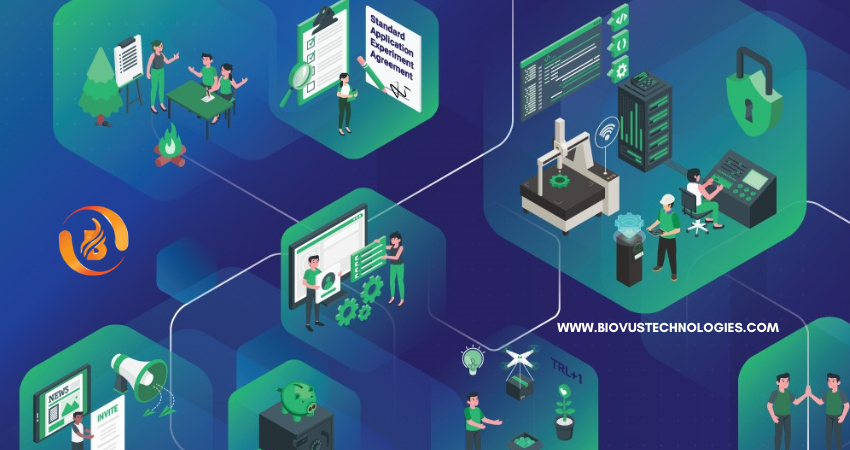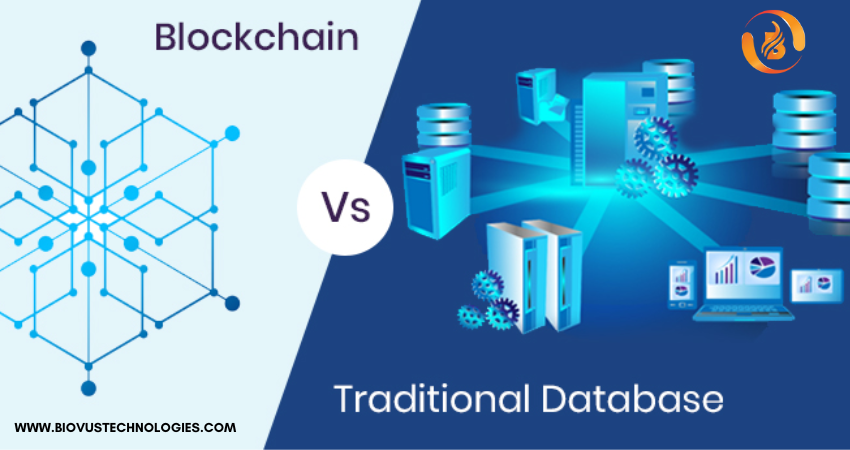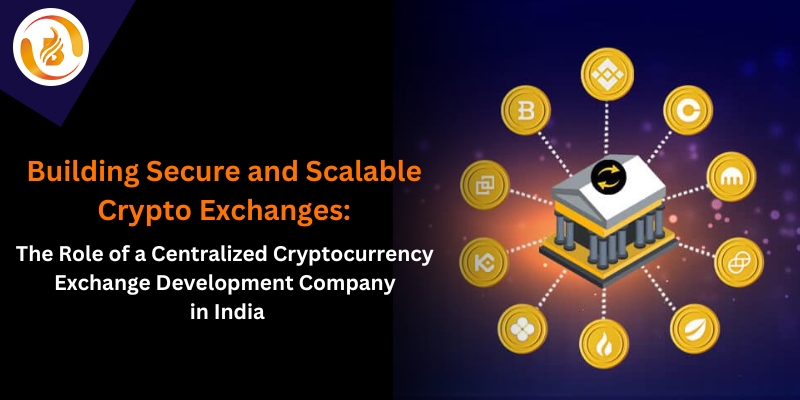The usage of blockchain technology by businesses has increased dramatically over the past few years, and this trend seems to be continuing. Though it has made significant progress toward widespread acceptance, it still confounds many philosophically. People wonder if Blockchain is simply a database because of the striking parallels between the two. Yes, blockchain technology is a database with a number of unique characteristics.
Blockchain
Blocks of packaged information are stored in a decentralized database called a blockchain. Because each block contains the hashed data of the block that was added to the ledger before it, the blocks are referred to as chains for this reason.
This dates back to Genesis, the first bitcoin mining block. The transactions in a specific block are encrypted using a hash, which is a code. In essence, this code is a name or pointer that specifically identifies a block. According to the bitcoin protocol, every new block must include both the hash of the previous block and the hash of the block including data for freshly processed transactions according to web 3.0.
Traditional Database
A storage format for effective data management is known as a data structure. A typical database is nothing more than a data structure that facilitates data storage and processing. Depending on the blockchain software and the extent of their operations, every business, from a start-up to a government agency, uses databases. The fact that databases enable users to get the data is what makes them utilitarian. Technically speaking, SQL’s Structured Query Language is used to do what is known as requesting or querying data.
Data collection and storage were made possible by the hierarchical foundation of the first database architecture. However, that was pretty much all. Data complexity increased as technology trends spread throughout time, bringing organizations along with them. Similarly, analysts desired database interoperability so they could reach more accurate business decisions. The database design changed to a relational model as a result. Today, a Database Management System is all you need for an end-to-end data optimization process (DBMS).
How Blockchain Differs From Traditional Database?
Transactions may also be recorded in a conventional database. Traditional databases call for server trust, which is typically not a concern within an organization. Traditional databases are made to recover from unintentional failure, but they cannot defend against a server’s malicious attack. Databases are used by banks since they supply each server involved and guarantee their security.
The Reasons To Use A Traditional Database
1. Customizable
When it comes to configurable possibilities, the database clearly prevails over the blockchain in the comparison. Traditional databases can have their access, privileges, and setup needs optimized because they are centrally managed. The relational architecture and backup procedures make it possible to move a database anywhere. Developers can enhance the front end for customer-centricity by adding plugins to the database.

2. Stable
Given that rights are centralized and the ability to alter data is controlled by a small number of people, traditional databases can withstand enormous volumes of transactions per second. Client-server design lessens reliance on nodes that are replaced by independent server facilities.
To maximize network speed, database administrators turn to sharding and shrinking. The backup serves as the default choice to roll back to the most recent version in the event of a power outage, downtime, or any other technical issue leading to data loss.
3. Delivers Speed
Over the years, the conventional database design has undergone numerous improvements to accommodate faster delivery times and sophisticated analytical functions. One example is big data analytics.
The Reason to Use A Blockchain Technology
1. It can tolerate errors
In a comparison of blockchain and databases, the former easily prevail in terms of system preservation. The fault tolerance of blockchain technology is very high. Its uptime is not dependent on a small number of server facilities, but rather on the hundreds of thousands of nodes that provide the system with processing input. The network’s overall effectiveness wouldn’t be impacted even if a few nodes were disabled.
2. Secure
One of the safest infrastructure investments you can make right now is in blockchain technology, particularly when it comes to protecting mobile apps. To validate new blocks, each node in the network is required to download a copy of the blockchain. Blockchain service providers must update each node’s copy in order to change even a single block, which requires an antagonistic power to have self-defeating processing capacity.
3. Transparency
You can view every transaction ever recorded on the Blockchain by downloading a copy of the ledger, provided the Blockchain is public. Blockchain technology makes it possible for detractors to perform fact-checking and track the route of money in shady circumstances, in contrast to banks where all transfers are kept secret.
4. It Reduces Costs
Blockchain technology can save expenses for organizations and corporations when comparing it to databases. It improves the efficiency of transaction processing. Additionally, it streamlines reporting and auditing procedures and lessens manual activities like data aggregation and amendment. Companies that specialize in blockchain development aid businesses in reducing costs by doing away with the middlemen who, until recently, handled the processing that is now handled by blockchain.
Closing Thoughts
It’s not tough to choose your next data storage technique. We discussed the fundamental differences between them and the benefits of adopting them, and it is clear that both traditional databases and blockchain are winners. In contrast to databases, which are better at speed and accuracy, blockchain provides innovation, verification, and automation.
visit us on: www.biovustechnologies.com







